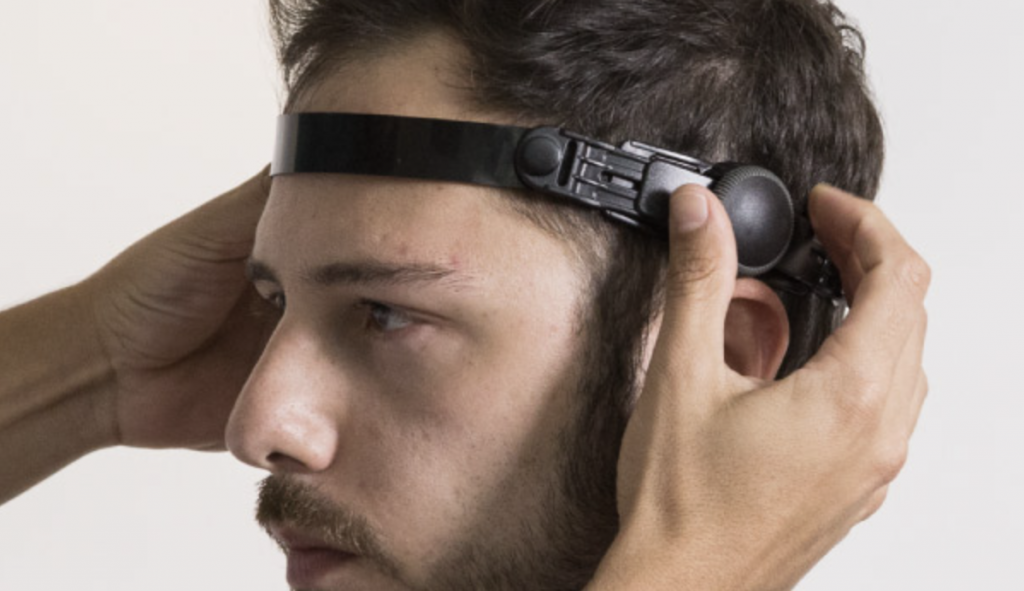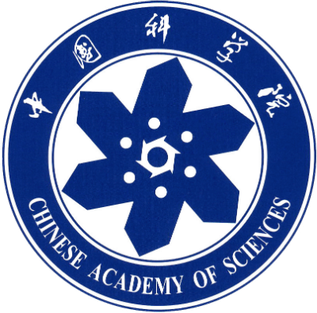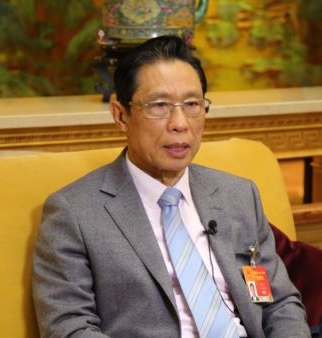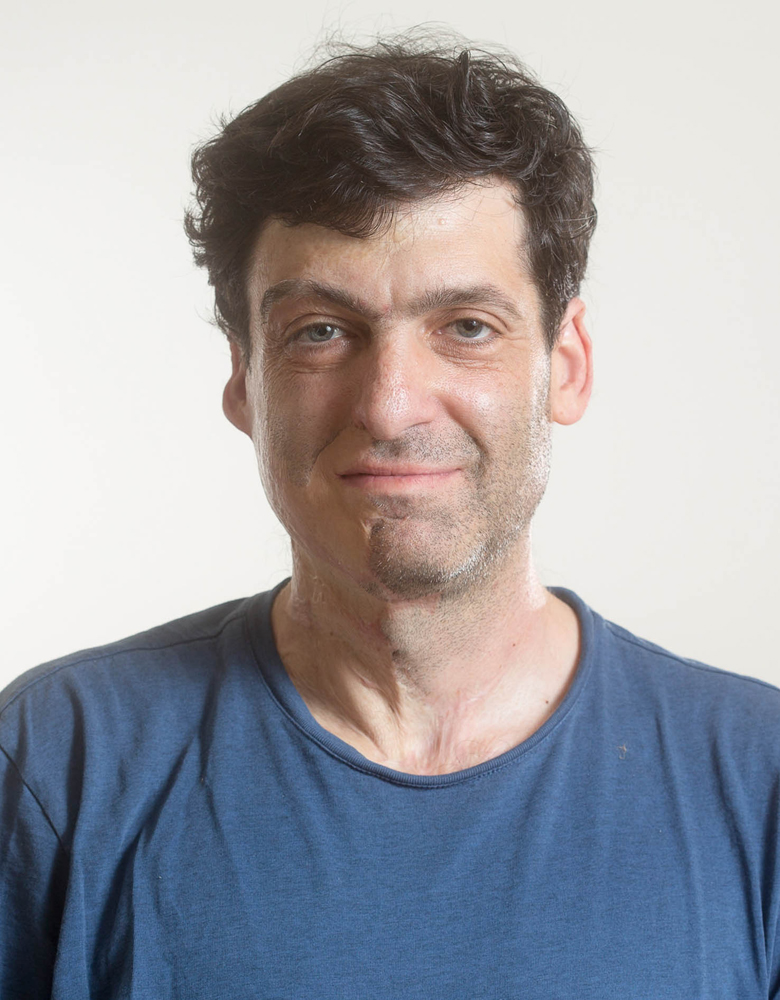As long-time readers of this blog know, we’ve spilled more than a few pixels on the work of Donald Morisky. His Morisky Medication Adherence Scale (MMAS) has been a financial boon to himself — and the bane of many researchers who have been forced to either retract papers or pay Morisky what they consider to be exorbitant fees to retroactively license the instrument.
But lately things have been a bit rocky for Morisky. Last year, he and his former business associate (read, legal enforcer) found themselves embroiled in a lawsuit which claims, as we reported, that Morisky used:
their company as a personal piggy bank and taking steps to starve the business of clients and funnel money to his family.
And now, a researcher has questioned the validity of the MMAS, arguing that his review of a foundational paper underpinning the instrument shows serious flaws.
Continue reading Scale whose copyright owner defends zealously falls under scrutiny — and journal takes two years to publish a critique







